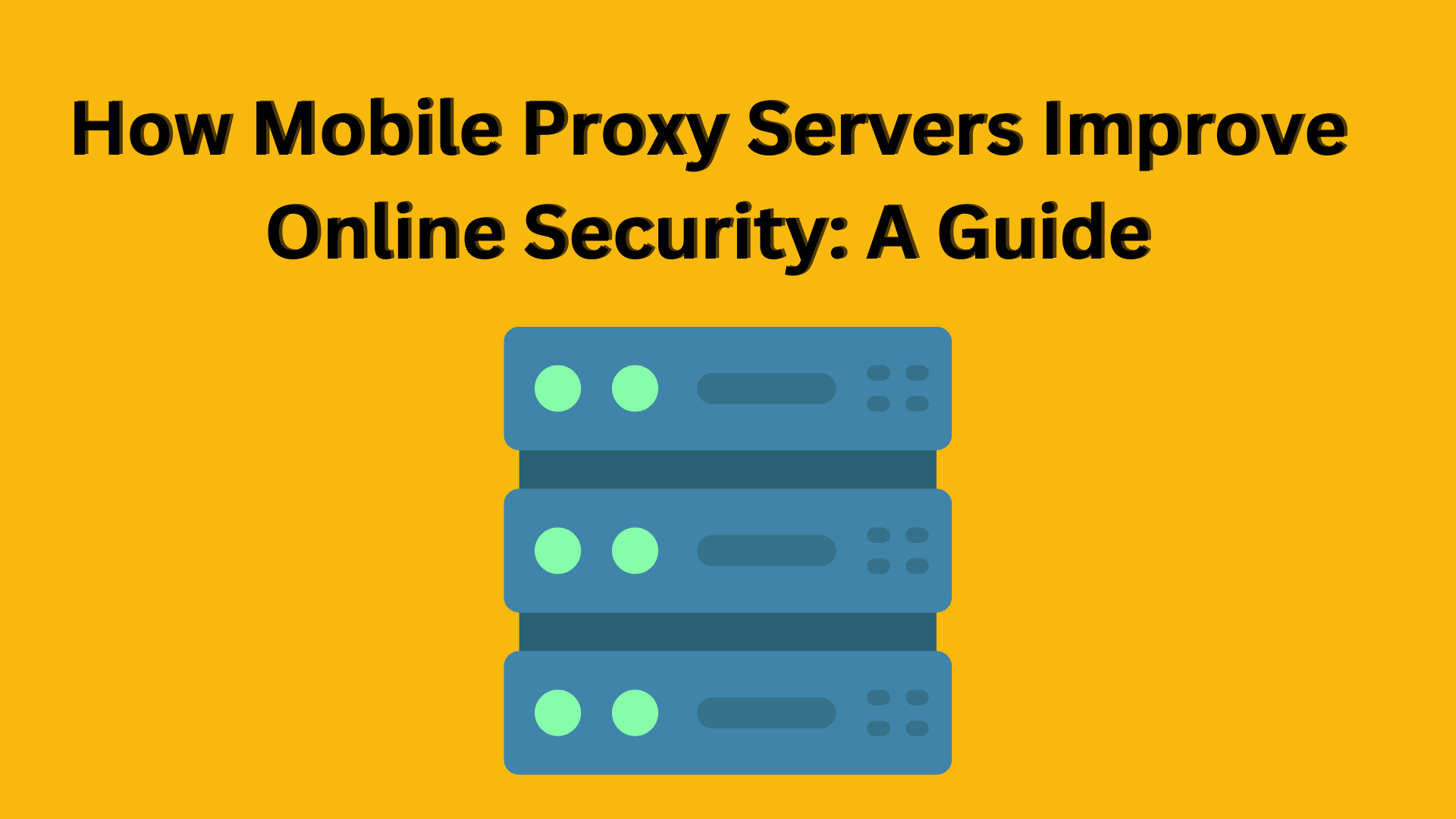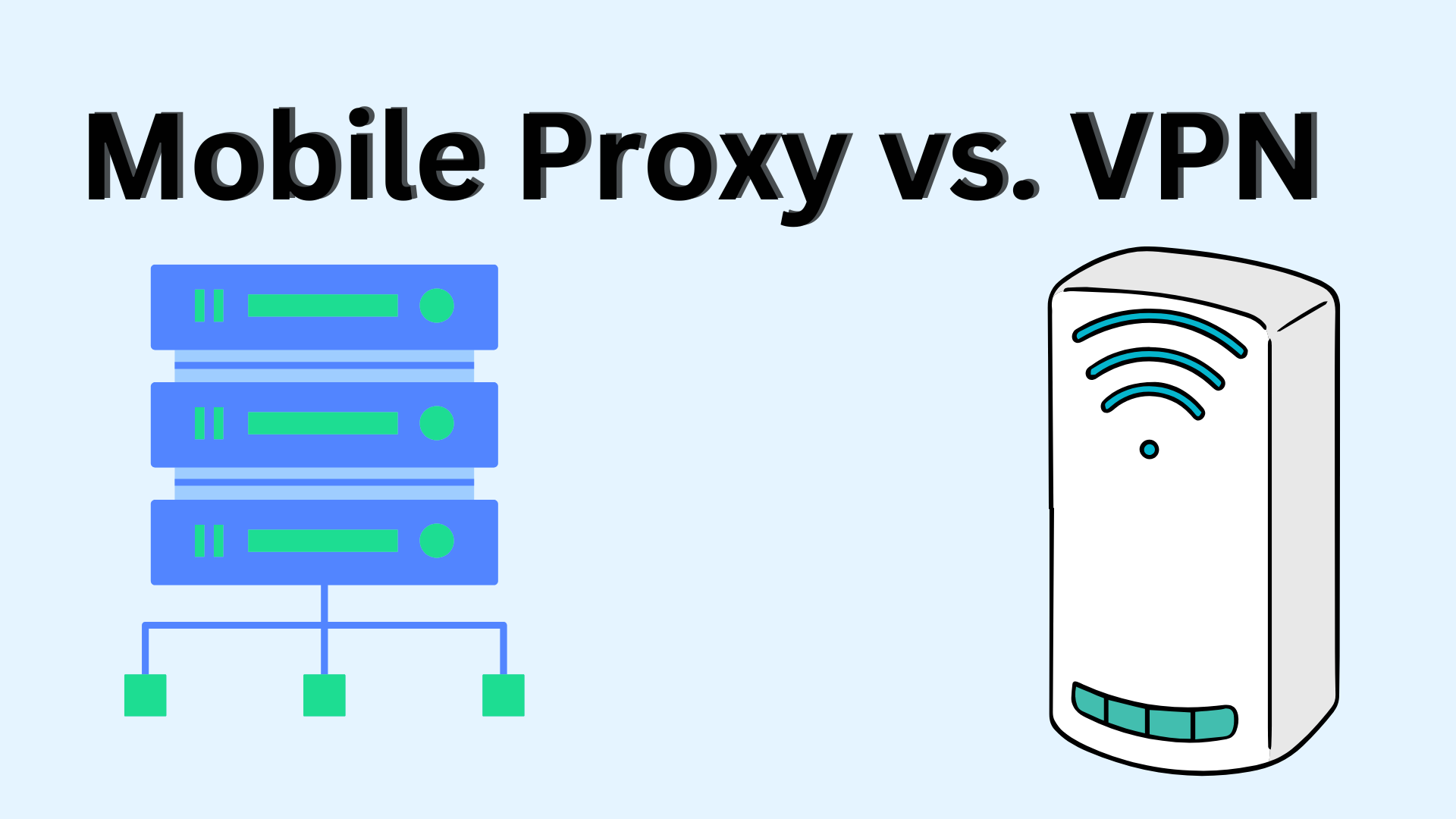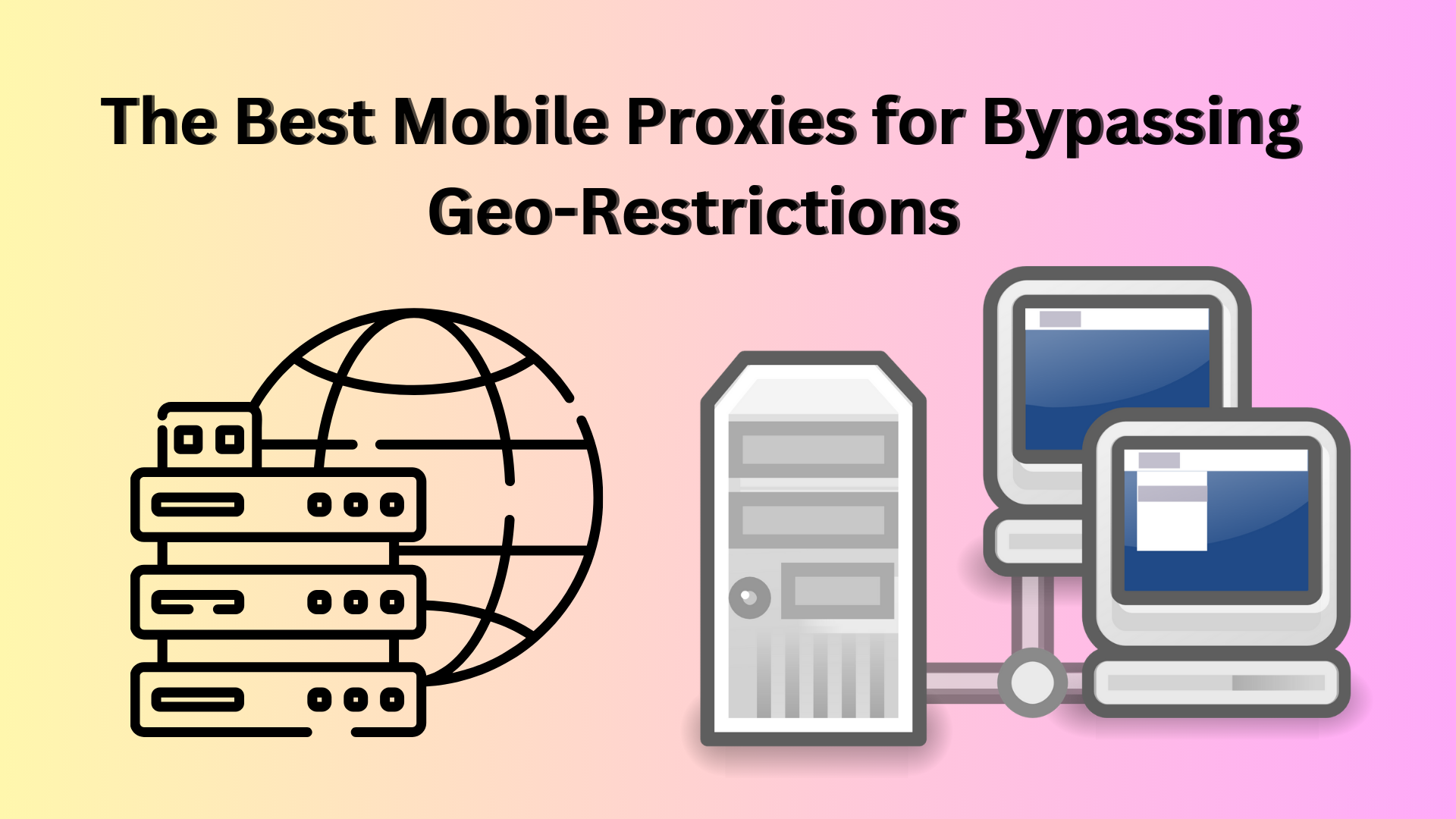If you’ve ever tried to purchase items from well-known international stores and ship them to a different country, you may have encountered a common issue: many brand websites block purchases intended for other regions. To work around this, you need to simulate your location and use a specific warehouse address or an authorized representative’s address for delivery.
What Are Mobile Proxies and How Do They Work?
Mobile proxies function similarly to proxy servers, acting as intermediaries that allow you to bypass geographic restrictions and traffic routing rules. But what sets mobile proxies apart, and why might they be more advantageous than other proxy types?
Defining Mobile Proxies
Mobile proxies are a type of residential proxy that operates exclusively on mobile devices, connecting to the internet via mobile networks such as 3G, 4G, or 5G. Unlike traditional residential proxies, which use wired connections, mobile proxies route internet traffic through mobile operators.
A mobile proxy server typically consists of two components: a specialized app installed on a mobile device (like a smartphone or tablet with mobile network capability) and a control system hosted on the servers of the proxy provider. This setup handles request routing within the proxy network and ensures secure access.
Types of Mobile Proxies
Mobile proxies can be categorized based on how many users share the same proxy node:
- Private Mobile Proxies: These are dedicated to a single user, ensuring that no one else shares the node. This means all internet traffic is exclusive to you, providing greater security and performance.
- Shared Mobile Proxies: These allow multiple users to share the same node simultaneously, which can reduce costs but may impact speed and privacy.
Advantages of Mobile Proxies
Mobile proxies offer several benefits, particularly when compared to server-based or traditional residential proxies:
- Reduced Blocking Risk: Mobile proxies are ideal for tasks like bulk data scraping or managing multiple social media accounts. Mobile devices receive dynamic IP addresses from mobile providers, making it difficult for websites to block them without risking disruption to legitimate users.
- Frequent IP Rotation: You can easily rotate IP addresses, even with each request if needed. This feature is often included at no additional cost by reputable mobile proxy providers.
- Parallel Request Handling: The larger the proxy network, the more simultaneous requests you can send, which can significantly speed up complex tasks like scraping competitor websites.
- Wide Range of Locations: Mobile proxies can virtualize your location not just to a specific place but also to different mobile operators, making your online presence indistinguishable from that of real users.
- Professional Software Compatibility: Many mobile proxy providers offer APIs and integration with professional tools, enhancing their usability for businesses.
Applications for Mobile Proxies
Mobile proxies are especially useful for the following tasks:
- Ad Arbitrage: Optimizing revenue through targeted user actions.
- Social Media Marketing (SMM): Managing multiple accounts and promoting them on platforms like Instagram or Facebook.
- Online Reputation Management (ORM): Monitoring reviews, creating a positive online image, and protecting your brand’s reputation.
- Ad Verification: Ensuring your ads are displayed correctly and reach the intended audience.
- SEO: Tracking keyword rankings in specific regions and monitoring competitors.
- Price Monitoring: Identifying the best shopping deals by comparing prices across different locations.
- Data Collection: Gathering valuable information on competitors or partners.
However, mobile proxies may not be suitable for streaming video or torrenting due to high data costs and variable connection stability.





